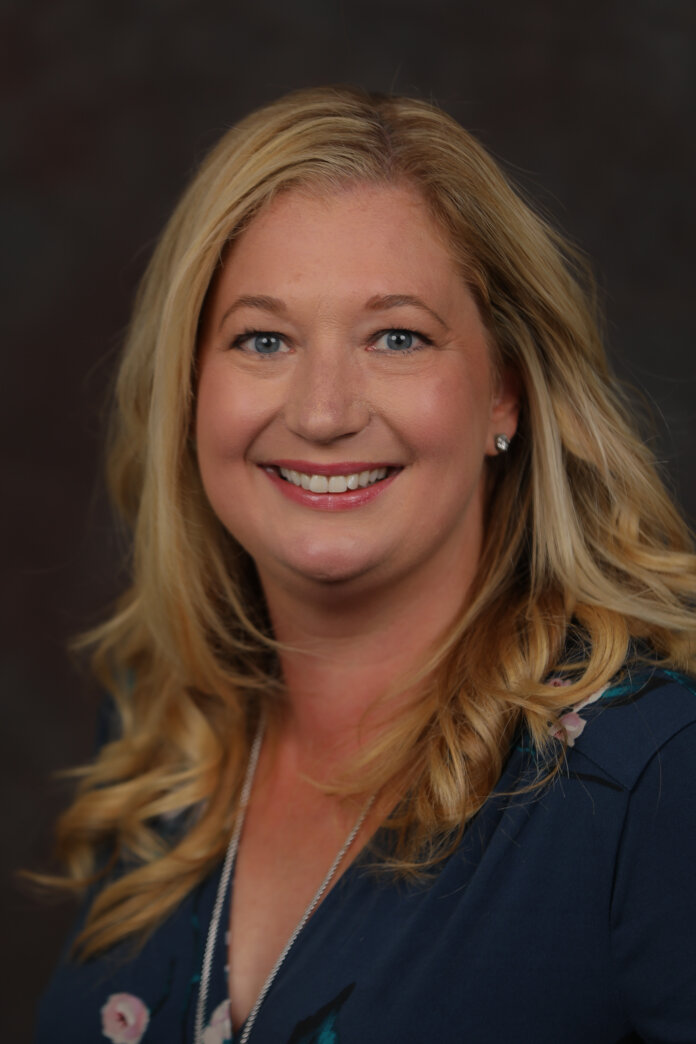PERSON OF THE WEEK: Jennifer Henry is vice president and vertical marketing leader for mortgage and housing services at Equifax. An industry veteran, she has more than 20 years of experience, previously holding leadership roles at First American Mortgage Solutions and Fannie Mae.
MortgageOrb caught up with Jennifer to get her thoughts on how the mortgage industry has evolved as a work environment for women.
Q: How good of a job has the industry done in regards to women’s involvement? Have you seen any progress over the past 5-10 years?
Henry: The industry has made great strides in recent years, but like many others, it still has a way to go. I am encouraged – particularly in the last five to 10 years – to see an increasing number of women choosing to establish and build their careers within our industry. It has also been rewarding to see more women promoted into leadership and executive positions and to have been a part of that evolution personally.
To me, the biggest difference between today and the early part of the century is the existence of programs and organizations specifically geared toward supporting women in mortgage. From the Mortgage Bankers Association’s mPower program, to the National Association of Professional Mortgage Women (NAPMW), to NEXT’s Women’s Mortgage Tech Summits, there is no shortage today of valuable resources available to provide support, networking and professional development content and opportunities for women in our industry.
Q: How have you been successful in advancing your career in a traditionally male-dominated industry?
Henry: Early in my career, I always made a point to volunteer for any strategic projects or opportunities, even if that meant that it would force me well outside of my comfort zone. I think that’s a good strategy for anyone who wants to succeed in their profession, not just women in the workforce. But I did feel as though I needed to maybe be a little more assertive in stepping forward.
Volunteering for projects is great, but of course without successful execution of the project, it’s all for naught, so ultimately, as with anyone, it comes down to an executive’s ability to deliver results.
By volunteering for different types of projects, I feel like it accelerated my level of business knowledge. I focused my energy on learning as much as possible and being a “go-to” for information for my peers and, more importantly, my supervisors.
As an example, early in my career I was a mortgage originator in a call center. We had manuals with guidelines for each mortgage program that we offered, and I literally memorized every detail of those guidelines so I became a more valuable employee because I was a resource for the other sales representatives.
Q: What advice do you have for other females in the industry, particularly those that are just entering the workforce?
Henry: The French writer Antoine de Saint-Exupéry famously said that “a goal without a plan is just a wish.” Whether just entering the workforce or mid-career, I really believe one should clearly define what success looks like for them and have a “True North” to work toward. As with everything in life, situations change, so I also encourage those women whom I mentor to evaluate their goals quarterly and refine as needed.
I have also been fortunate to work for some supervisors and within organizations that encouraged me to take risks and not be afraid of mistakes or failure. That creates a powerful environment to be creative and push the boundaries of what can be accomplished.
Perhaps most importantly is a lesson that tends to only come with hindsight; that is understanding that career development is not always vertical – meaning you don’t necessarily need to move up in the organization to “advance” your career. Sometimes the roles where you learn the most and that really define the trajectory of your career can be lateral moves.
A case in point: I spent the first half of my career in sales and sales management within the mortgage industry. While working in sales at Fannie Mae, I had the opportunity to shift over to product management. Even though I didn’t yet have formal product management experience, the product leader thought that my sales experience, as well as strong market and customer insight, could help drive innovation within our organization to ultimately help solve customer problems.
On paper, it was a lateral move within the organization, but in reality, it rounded out my professional experience and exposed me to other areas like technology, operations, marketing and strategy. This additional experience set me on a new career path of increasing levels of product leadership roles that led me to where I am today.
Ultimately, I’d like young women entering the workforce to know that our industry is a dynamic one that is ripe with opportunity for them if they choose to pursue it.
The opinions expressed here are Henry’s; not necessarily those of Equifax Inc.











